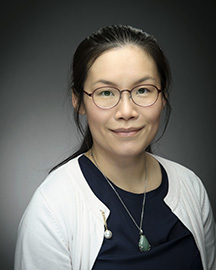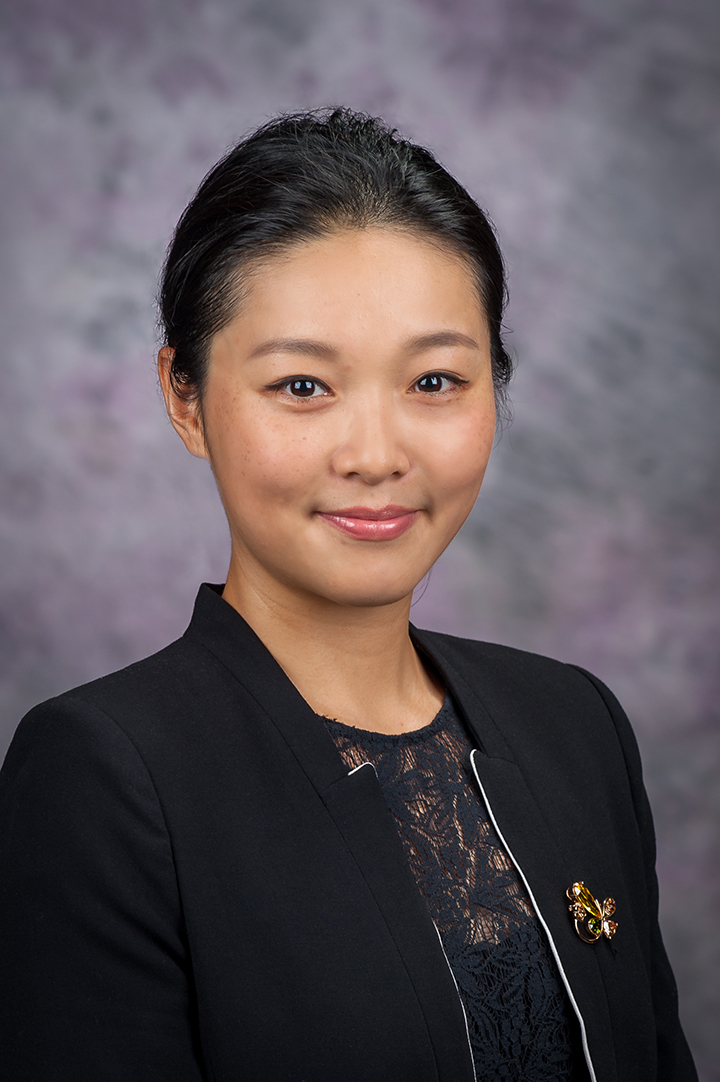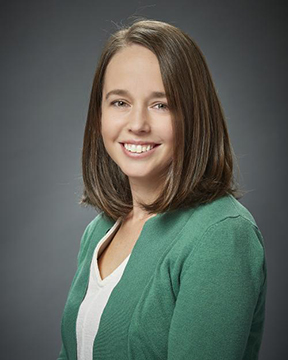Sustainable Food Systems
The Master of Science in Sustainable Food Systems (SFS) offers students the opportunity to explore all intersections of the food system including production, processing, distribution, retail, consumption, and waste. This program takes a holistic approach to considering potential impacts on the food system, particularly as it relates to rural and indigenous Montana communities and lands, including agriculture, nutrition, health, and environmental sustainability. Graduates of this program become leaders in sustainable food systems who develop practices for individuals, families, organizations, and communities that can sustain and support all aspects of the diverse food system today and into the future.
This program allows students the opportunity to tailor their education to their own interests by choosing supporting coursework in a variety of topics such as food system education, food system development and assessment, institutional purchasing of local foods, community supported agriculture and distribution, and community-based nutrition assistance. While potential careers or electives are not limited to the below tracks, students in this program often find themselves working in one Indigenous food sovereignty, food business, product development, nutrition, community health, food security, food policy, or agroecosystem diversifciation.
Interested students must apply online to The Graduate School before the listed program deadline. Please note that every applicant who applies for admission to MSU and completes an application will receive a formal decision by The Graduate School, whether or not they have been admitted. Admission decisions are based on (but not limited to) undergraduate preparation, alignment with faculty, relevant professional experience, and strength of letters of recommendation. Students applying for the Master of Science in Sustainable Food Systems program should have completed a bachelor’s degree in food and nutrition, agricultural science, environmental or food studies or a related discipline.
Application Requirements
- A completed Application for Graduate School Admission.
- Payment of a non-refundable application fee. The fee must be paid before the application will be processed.
- Transcripts. The Graduate School can use unofficial transcripts to review applications;
however, official transcripts are required upon being offered admission.
- Official transcripts should be sent to The Graduate School directly from the university the applicant attended, and at minimum, one should have a conferred degree indicated on the transcript while also reflecting all undergraduate and/or post-baccalaureate courses and grades. Applicants who are alumni of MSU do not need to submit their official transcripts from MSU.
- An undergraduate GPA of at least 3.00 (on a 4.00 scale). Applicants with post-baccalaureate experience must have a graduate GPA of at least 3.00. See Provisional Admission for more information.
- Three letters of reference.
- A personal statement.
- International Applicants must submit additional documents to complete their application including Evidence of English Language Proficiency.
All students admitted to MSU are required to submit immunization records. See the link to Immunizations and to Fees & Holds for more information.
Faculty

Brianna Routh, PhD
Associate Professor
Sustainable Food Systems MS Program Lead, Food and Family Extension Specialist

Roland Ebel, PhD
Assistant Professor
Sustainable Food and Bioenergy Systems Program Lead

Wan-Yuan Kuo, PhD
Associate Professor
Director, Food Product Development Lab

Jill Falcon Ramaker, PhD
Assistant Professor


